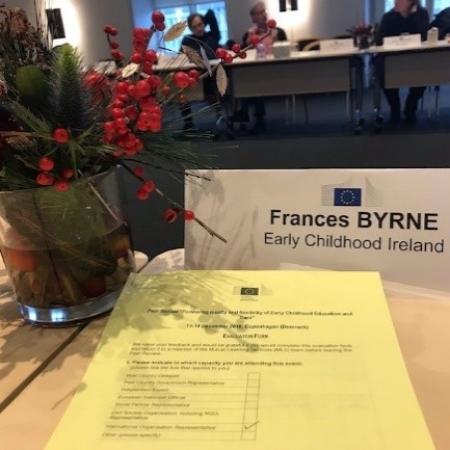
The European Union is seen as a champion in promoting deinstitutionalisation through its introduction of policies and the allocation of substantial funding. Many improvements have been made in reforming child protection systems and encouraging family and community–based care. Yet, in Europe there are still an estimated 345,000 children in institutional care which is harmful to children and society.
Following the Opening Doors for Europe’s Children, pan-European deinstitutionalisation campaign, Eurochild will continue its work to protect children in alternative care.
They will work with members active in the field of children in alternative care and take forward the advocacy previously carried out in Opening Doors. They have 2 key objectives under this strategic goal:
- The next EU budget (2021–2027) prioritises investment in deinstitutionalisation reforms & all EU member states, accession & neighbourhood countries can tap into EU funds for this purpose; and
- Eurochild members are able to leverage EU policy & funds to influence public policy and spending at a national level.
Eurochild will focus on 3 main work-streams in 2020:
- Mapping data collection on child protection systems in 27 EU countries and the UK, and thematic papers on necessity and suitability principles;
- Facilitating knowledge exchange, peer learning & capacity building; and
- Maintaining & strengthening our ‘top-down’, ‘bottom-up’ advocacy with EU institutions & members.








